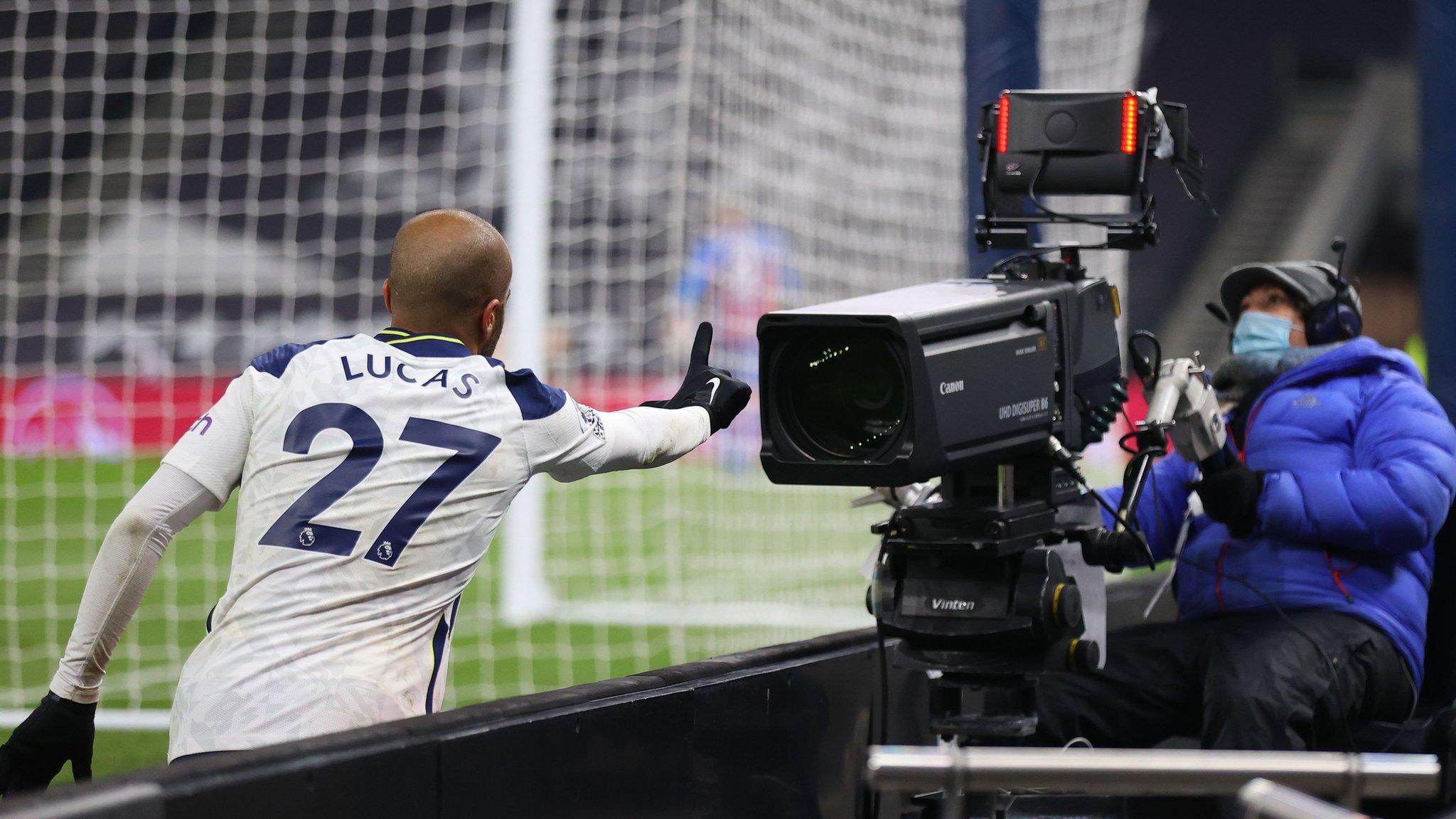Premier League: Is football's Saturday 3pm TV blackout out of date?
- Published
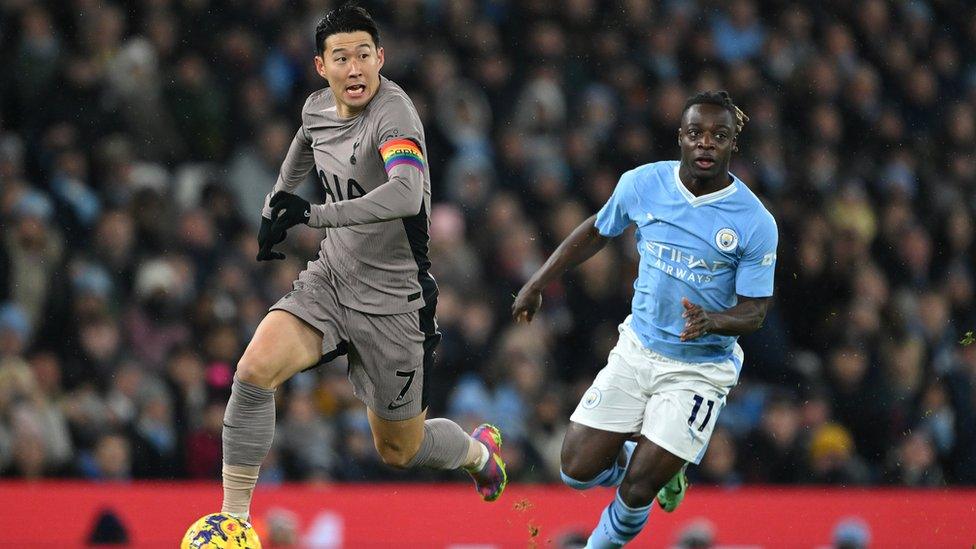
The new TV deal includes the BBC continuing to show Premier League highlights on Match of the Day
The Premier League's new record £6.7bn television deal means even more football matches will be shown on TV from 2025.
But while broadcasters like Sky and TNT will show up to 270 live games a season, some things have remained the same.
The Saturday "3pm blackout" has been protected, meaning no matches can be televised from 14:25 to 17:25 on that day - at least until the new deal ends in 2029.
But is a rule introduced back in 1960 to encourage fans to watch lower league football still needed today?
For Adam Capper, a non-league kitman for Heaton Stannington, the answer is very much yes.
His club play in the ninth tier of English football but are based just three miles from Premier League club Newcastle United's St James' Park stadium.
Adam says if the blackout is lifted, fans would be "basically able to watch every game in the Premier League", meaning they wouldn't watch their local non-league team.
"Clubs at every level of non-league rely on gates as their main source of income, bums on seats," he tells BBC Newsbeat.
"We would lose a significant amount of people coming into games and probably a lot of football clubs would struggle to exist."
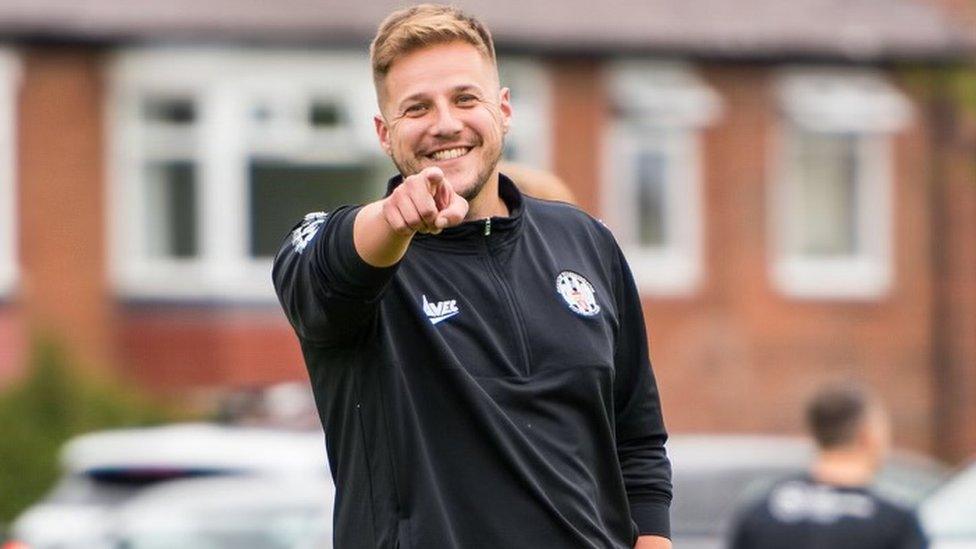
Adam Capper thinks the blackout is needed "as long as you want English football to have the strongest pyramid in the world"
Adam, who's actually a Newcastle fan, says Heaton Stannington's average home attendance is about 400 fans.
"But if Newcastle are at home will we have about 200ish," the 33-year-old says.
"If we have a game that doesn't clash with Newcastle United at all, then we might get 700 fans.
"Nearly everyone has a Premier League or a Football League club they support first and a non-league team they'll go and watch second.
"If all of a sudden they've got to choose between watching a stream at home or coming to a game at our level they're going to choose to watch the stream."
Exeter City fan Latoyah Egerton, 35, agrees, saying matchday attendance is a "huge part" of the third-tier League One club's revenue.
"If there's a big Premier League match on at 3pm, especially as we're heading into the winter months, I think a lot of people may opt to stay at home to watch the match on telly rather than actually attending in person," she says.
"It definitely does affect the attendance if there's other big matches on at the same time.
"We don't have big millionaire backers at the club, it's the fans themselves that own a huge part of it, it's really important to get people to attend."
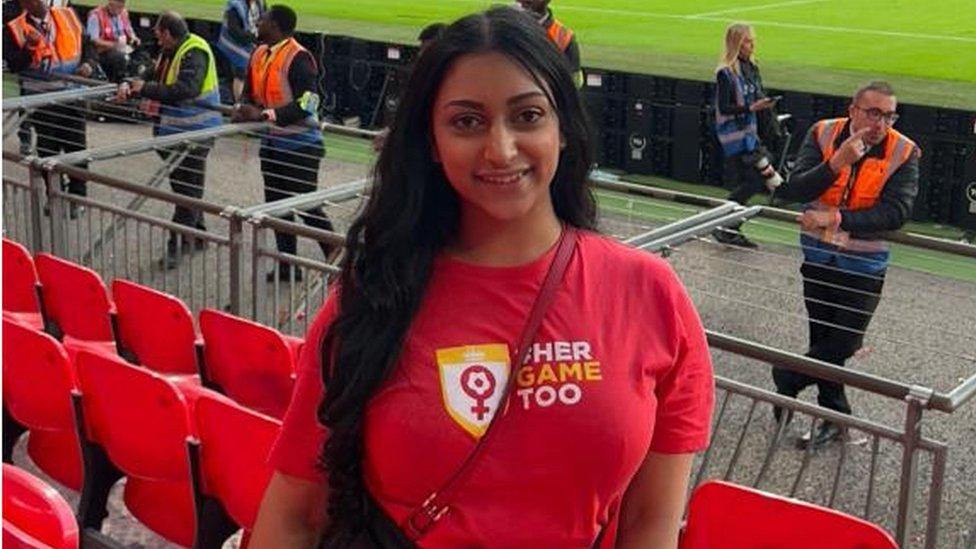
Roopa Vyas says demand for tickets means she's sometimes unable to go and watch Liverpool play live
But some Premier League fans don't agree with Adam and Latoyah.
Roopa Vyas, a Liverpool fan from Caerphilly in south Wales, thinks the blackout is "completely outdated and unnecessary".
"I understand the reasoning in bringing it in during the 60s, but now the Premier League is such a global event," the 26-year-old says.
"It's quite unfair being a UK Liverpool fan and not being able to watch my team, and yet people abroad can watch every game in the Premier League while we can't."
Roopa thinks having the blackout just encourages people to find illegal ways to watch the games, rather than go to watch non-league games live.
"Yes there is radio commentary and things like that but it's not the same, you want to watch those goals," she says.
"I know plenty of people who do use illegal streaming and I get why because you just want to watch your team."
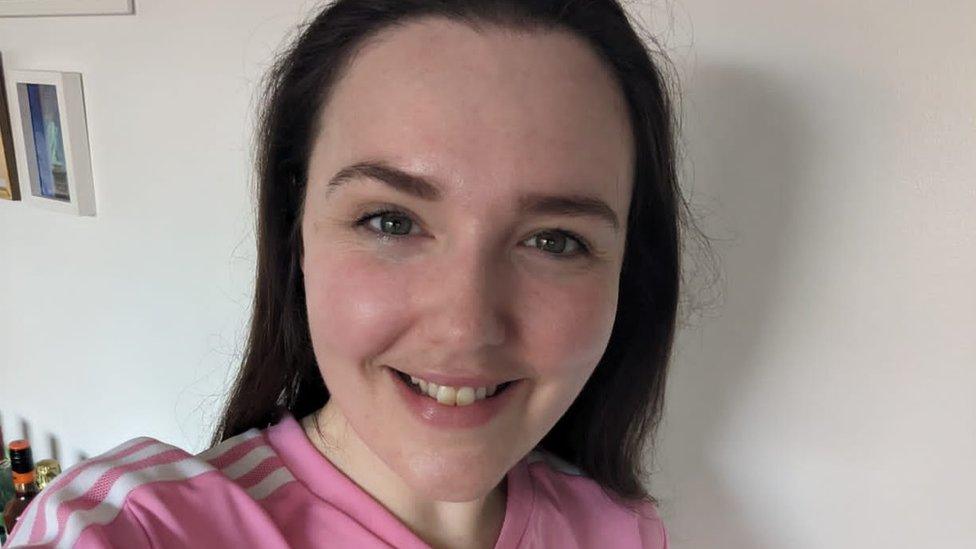
Emma Bowell wants to see women's games shown on TV on Saturday afternoons
This week, the government said it would back all recommendations in the women's football review led by former England midfielder Karen Carney - including a "new dedicated time slot" for games.
For Women's Super League side Chelsea fan Emma Bowell, the 3pm blackout is the "ready-made slot".
"I think it's a good opportunity for us to reach a different audience, to put women's football front and centre," she says.
"There's probably a lot of people who aren't interested in watching their local team or a lower league team for whatever reason, but actually they might be interested in supporting the women's team of their club."
But Emma, 32, is "conscious" that the blackout was first introduced to protect lower league men's games.
"If we decide that 3pm is a good time to showcase the women's game fully then we should definitely do that," she says.
"But I think it needs to be done alongside how the revenue for that broadcasting is trickling down the women's football pyramid so that it supports grassroots teams as well."


Related topics
- Attribution
- Published4 December 2023
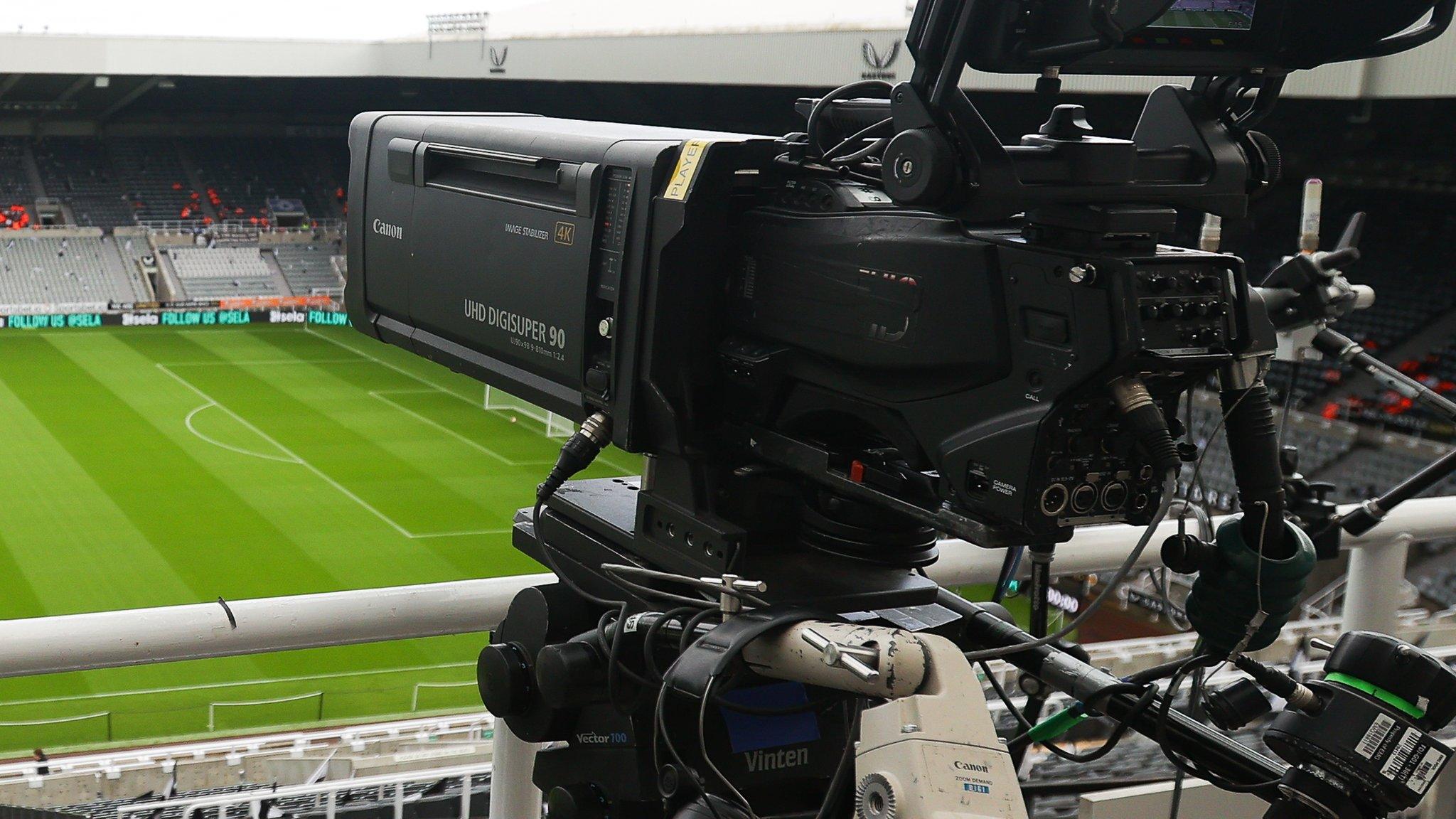
- Attribution
- Published4 December 2023
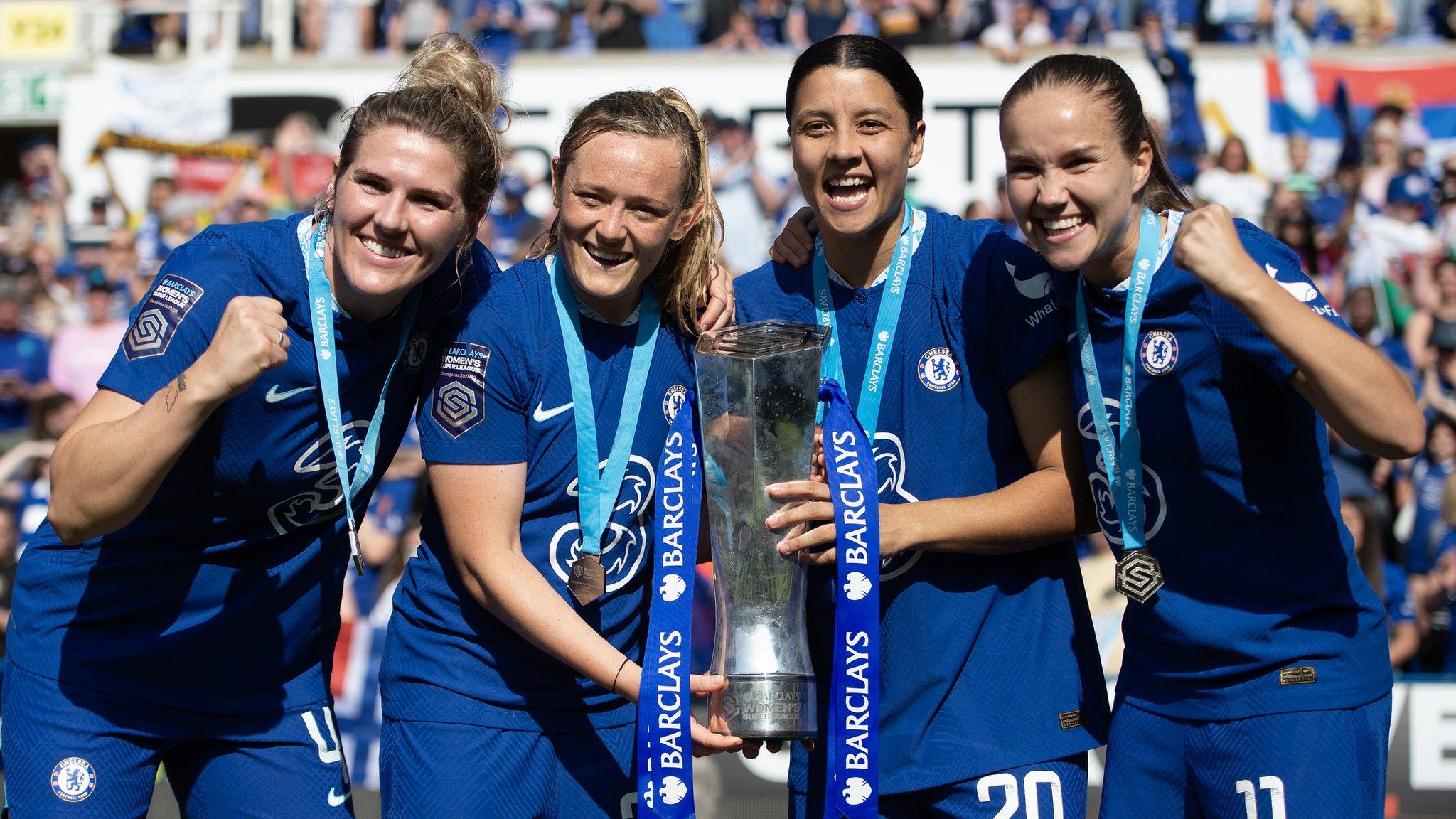
- Attribution
- Published21 November 2023
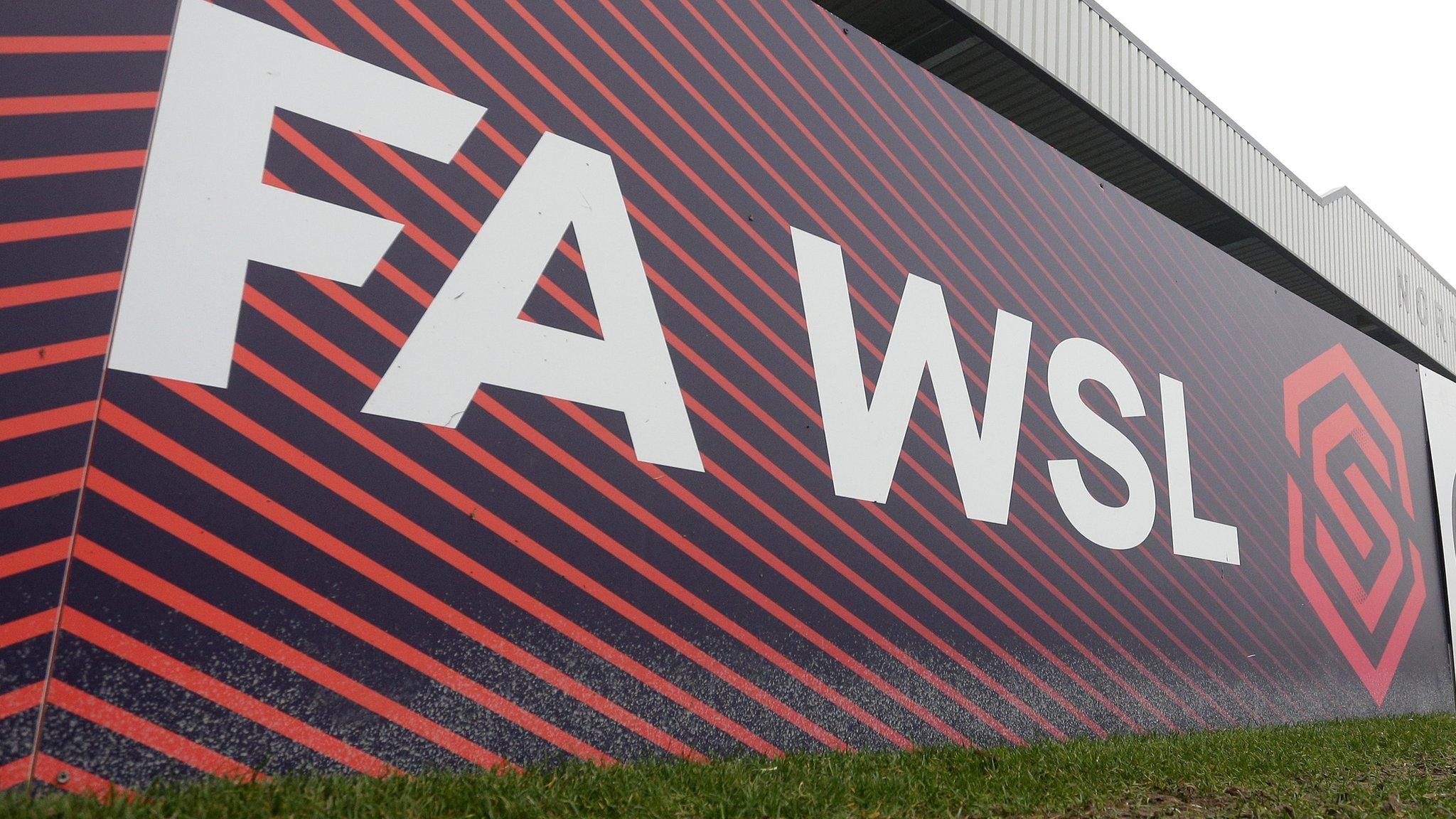
- Attribution
- Published13 July 2023
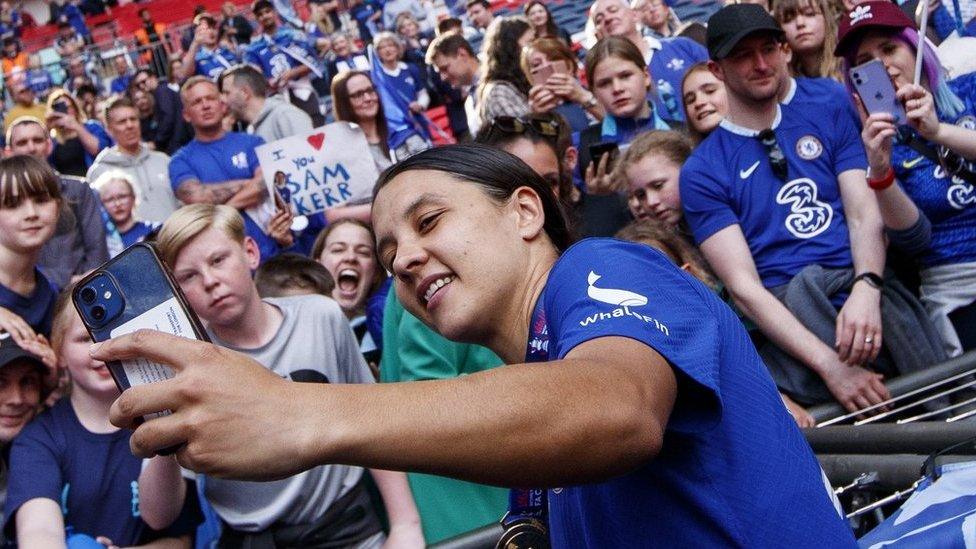
- Attribution
- Published12 October 2022
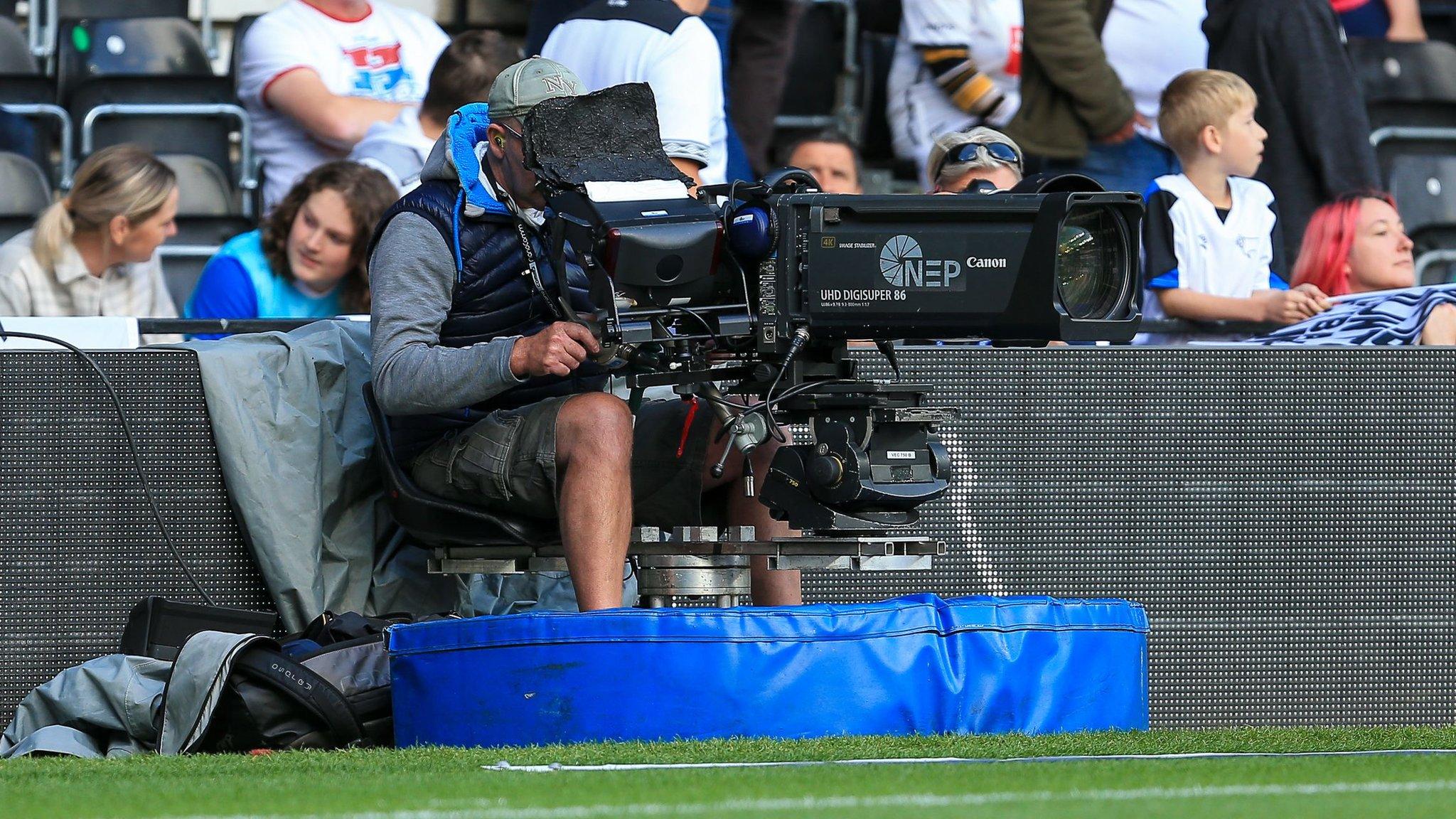
- Attribution
- Published13 May 2021
